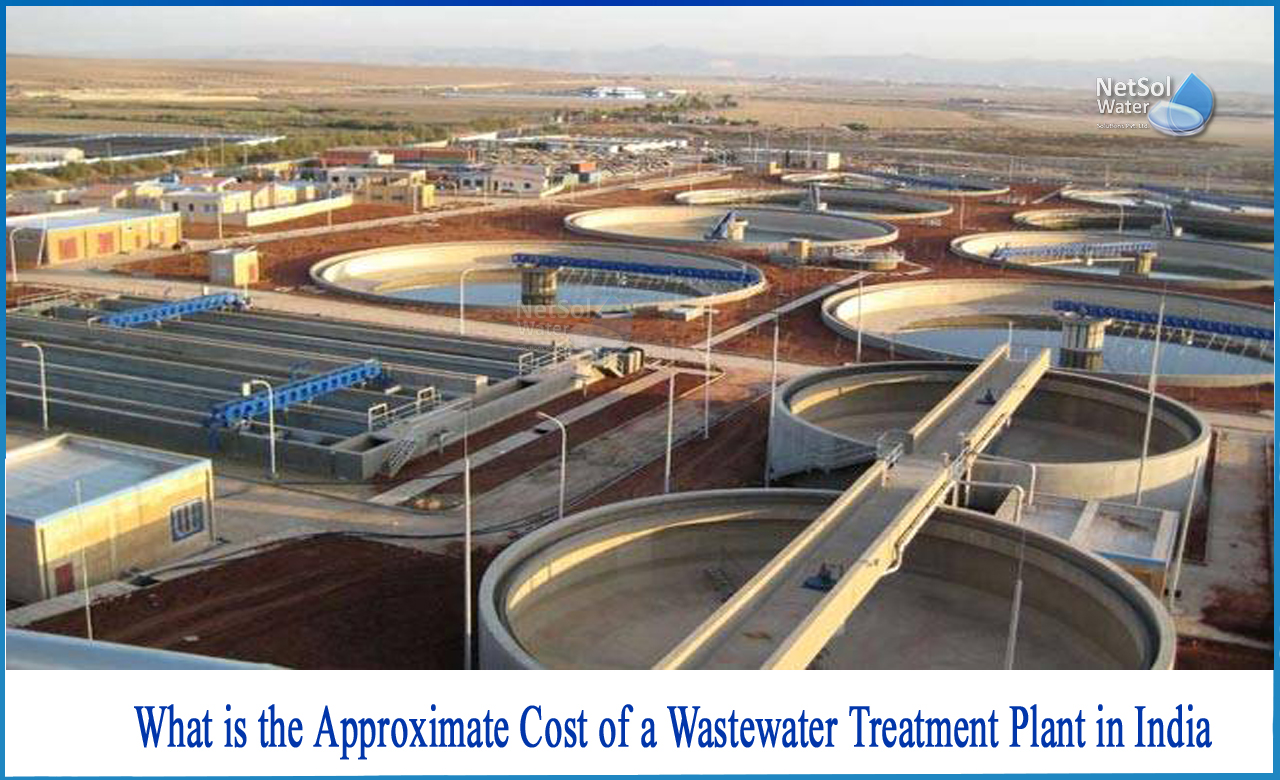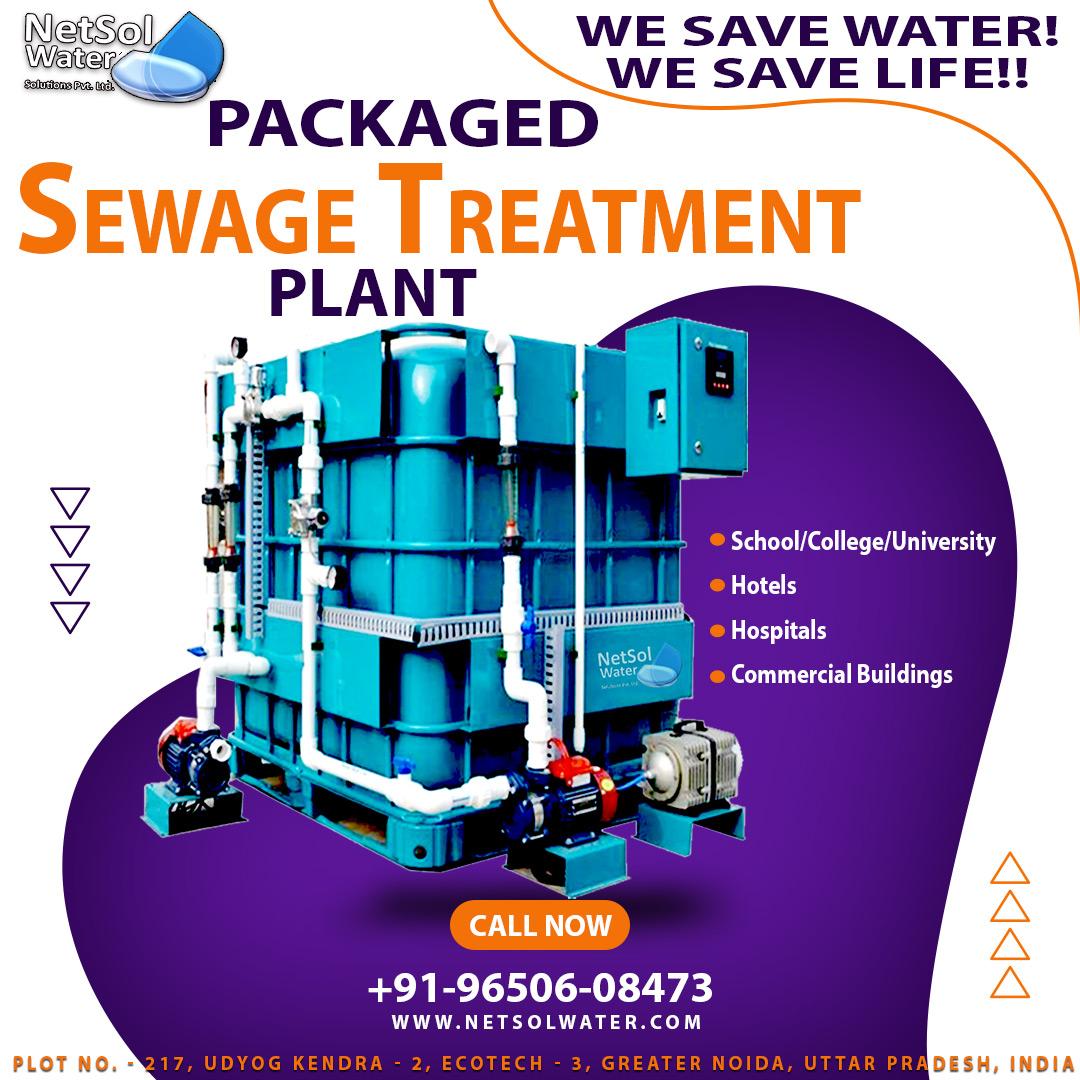What is the approximate cost of a WWTP in India?
Wastewater treatment is critical for a variety of reasons. It aids in the preservation of the environment, the protection of human health, and the alleviation of water scarcity. A wastewater treatment plant is both an initial and ongoing investment, but it is required. An accurate wastewater treatment plant cost estimate is dependent on a number of factors, including the pollutants in the water, system equipment, labor, and long-term maintenance. Expenses differ depending on the system type and industry.
Learn how much it costs to build and maintain a water treatment plant over time.
The cost component pertaining to construction and installation varies by city. Typically, the installation of a plant with a capacity of 8-10 KLD would cost between Rs. 2.5-3 lakhs or more.
Residential and industrial water treatment can both be costly. Treatment systems make use of cutting-edge technology, frequently involving large equipment in multistage facilities. The cost of a wastewater treatment system is influenced by a variety of factors, including the following:
1. Effluent Quality
The quality of the effluent is one factor that influences the cost of a wastewater treatment system. The terms "influent" and "effluent" both refer to moving water; influent refers to untreated water that enters the system, and effluent refers to treated water that exits the system. The effluent must meet regulatory standards, which vary depending on the industry and type of wastewater.
2.Flow Rates
Another factor influencing system costs is the water flow rate. Flow rates can be higher or lower depending on the amount of water used and the activity. Domestic municipalities, for example, tend to have higher sewage flow rates in the morning and evening when more people are at home and using appliances. Wastewater treatment costs will be higher with higher-than-average flow rates.
3. Purity of the Target
Another cost-influencing factor is the purity level of the treated wastewater. Compliance with industry standards may be required in some cases. A pharmaceutical wastewater treatment plant, for example, must adhere to specific regulations that differ depending on the manufactured product. It is critical to understand the contaminant threshold allowed for the particular application.
4. Building Materials
The overall cost will be influenced by the quality of the construction materials. For demanding conditions, it is critical to use high-quality, long-lasting materials. For example, high flow rates, extreme temperatures, and a high concentration of harmful chemicals necessitate the use of the best materials available. In less demanding applications, less expensive materials, such as polyvinyl chloride (PVC) pipes, may outperform stainless steel pipes.
5. Planning Expenses
The cost of constructing a wastewater treatment plant is influenced by the initial planning. During the planning phase, all regulatory requirements, site-specific challenges, and objectives are reviewed. Mechanical, electrical, and civil engineering costs are all included. The rate of these expenses is determined by the project's specific obstacles and goals. Installing a prepackaged system, for example, will simplify planning and reduce relevant costs.
6. Installation
Expenses related to installation contribute to the cost of the treatment plant. Professional installation is a necessary cost because attempting to install equipment without professional assistance is not recommended. Installation technicians ensure that the equipment performs optimally. Look for all relevant certifications, liability insurance, equipment familiarity, and experience when selecting an installation team.
7.Automation of the System
The level of system automation influences the cost of building and operating a water treatment plant. A high level of automation reduces the need for operator intervention, whereas a low level of automation increases the need for operators. Each option has its own set of advantages and disadvantages. The best option is determined by the circumstances.
8. Prepackaged Systems
Advantages are provided by prepackaged systems. They are less expensive and can cut construction time by several months or even years, depending on the size and complexity of the site. Prepackaged systems reduce planning and construction costs because they simplify the planning process, whereas build-in-place construction can result in higher costs. As a result, the cost of a packaged wastewater treatment plant may be less than the cost of a customized plant.
9.Regulatory Fees
Regulation requirements, which differ depending on industry, location, and wastewater content, have an impact on costs. It is critical to comply with all regulations, including permits, approvals, and restrictions. This avoids costly and reputation-damaging compliance failures.
10. Operational Expenses
Operational costs are complex, involving a variety of factors. In addition to determining a construction cost estimate for a wastewater treatment plant, it is best to determine an operational cost estimate for the duration of the system's lifespan.
11. Costs of Wastewater Maintenance
Another cost to consider is the upkeep of wastewater treatment equipment. Preventive maintenance can help to reduce the risk of damage repair and unexpected downtime.




